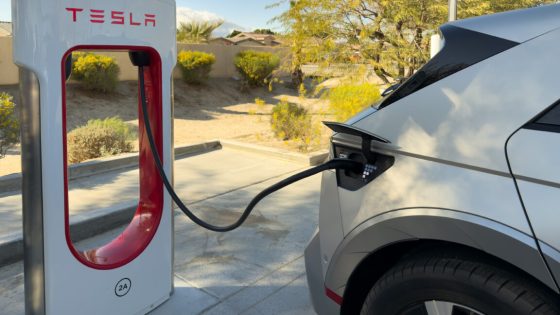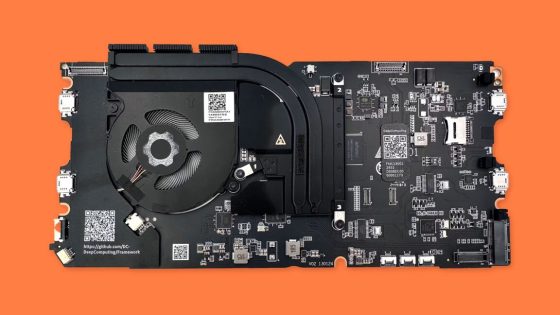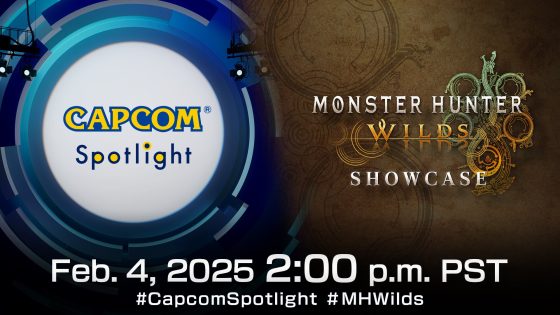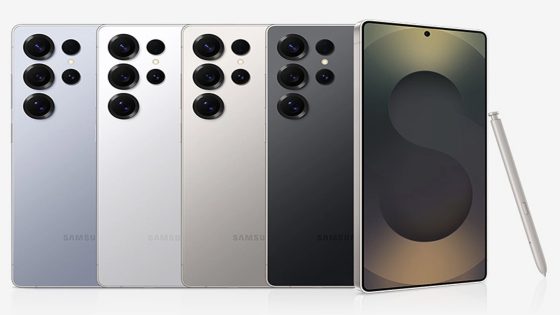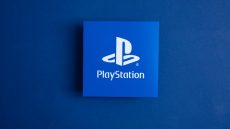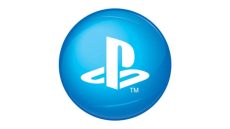Hyundai is making waves in the electric vehicle market with its new Ioniq 5s featuring NACS ports. Starting February 2025, these vehicles will roll out from the Savannah, Georgia factory. This move positions Hyundai as a leader in adopting Tesla-style charging ports, raising questions about how it will impact existing EV owners.
- Hyundai Ioniq 5s now feature NACS ports.
- Free CCS1-NACS adapter for existing Hyundai EVs.
- Hyundai leads in adopting Tesla-style ports.
- Adapters available for order starting in March.
- Ford and GM charge for NACS adapters.
Excitingly, if you own a Hyundai EV with a CCS1 port, you can look forward to receiving a free CCS1-NACS adapter next month. How will this change the game for EV charging in the U.S.?
Hyundai Leads the Charge with Free NACS Adapters for EV Owners
Why is Hyundai’s decision to offer free NACS adapters significant? This initiative not only enhances convenience for current Hyundai EV owners but also expands their access to Tesla’s extensive Supercharger network. With the adapter, charging becomes simpler and more accessible, making it a win-win for Hyundai drivers.
What This Means for the Future of EV Charging in the U.S.
Hyundai’s proactive approach reflects a growing trend among automakers to enhance EV infrastructure. The introduction of free adapters signifies a commitment to customer satisfaction and convenience. Here are key points to consider:
- Free CCS1-NACS adapters available for existing Hyundai EV owners.
- Access to Tesla’s Supercharger network enhances charging options.
- Hyundai’s initiative sets a precedent for other manufacturers.
- Improved user experience for Hyundai EV drivers.
Hyundai vs. Competitors: Who’s Leading the EV Revolution?
Hyundai’s decision to offer free adapters puts it ahead of competitors like Ford and GM, who have charged for similar products. This strategic advantage could attract more customers to Hyundai’s EV lineup. Will other manufacturers follow suit, or will they continue to lag behind?
The Impact on Electric Vehicle Adoption in the U.S.
As more consumers consider electric vehicles, accessibility to charging becomes crucial. Hyundai’s initiative may encourage hesitant buyers to make the switch to EVs. By simplifying the charging process, Hyundai is paving the way for broader EV adoption across the nation.
In conclusion, Hyundai’s free CCS1-NACS adapter initiative is a significant step forward for EV owners. It enhances the charging experience and positions Hyundai as a leader in the electric vehicle market. Will this inspire other automakers to prioritize customer convenience in the future?



